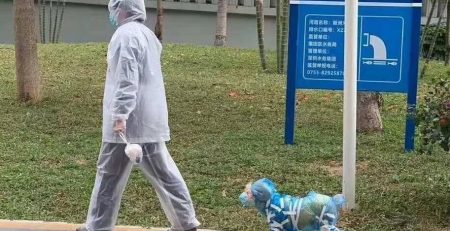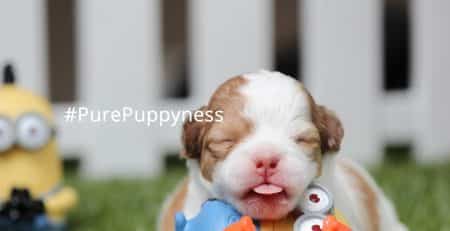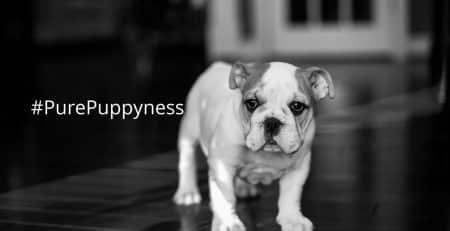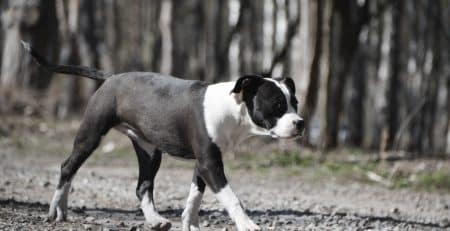Coronavirus and dogs: An update
The Report
There have been reports of a dog in Hong Kong testing positive for COVID-19 (the new Coronavirus strain). The World Health Organisation (WHO) confirmed that the result of the test was a weak positive. This means that low levels of the virus were found. It is uncertain if the dog is actually infected, or if it picked up the virus from a contaminated surface. The dog belonged to a woman who contracted the illness in mid-February. This dog is currently under quarantine, but so far is not showing any symptoms of COVID-19.
Abandoned and Trapped
Despite this news, there is still no evidence that cats and dogs can catch the disease or spread the infection. Until further evidence, there is still no need to panic or abandon your pet, even if you live in an area where there has been an outbreak of COVID-19. Currently thousands of animals have been abandoned in China, and although animal rescues (such as Furry Angels Heaven in Wuhan) and concerned citizens are doing their best to help them, many are wandering the streets without food or shelter. People who are currently in quarantine cannot take their pets with them. They have been forced to leave their pets at home, sometimes without enough food or water.
Official Statements
The WHO states on their website: “There is no evidence that companion animals or pets such as cats and dogs have been infected or could spread the virus that causes COVID-19.”
https://www.who.int/news-room/q-a-detail/q-a-coronaviruses
The World Small Animal Veterinary Association (WSAVA) states: “Currently there is no evidence that companion animals can be infected with or spread COVID-19. This is a rapidly evolving situation and information will be updated as it becomes available.”
https://wsava.org/wp-content/uploads/2020/02/COVID-19_WSAVA-Advisory-Document-Feb-29-2020.pdf
What should I do to keep myself and my pet safe?
You: Wash your hands before and after interacting with your pet. If you live in an area where there has been an outbreak, avoid strange animals. Make sure you are up to date on your vaccines: while these will not directly protect you from COVID-19, since the disease generally affects those with poor immunity, you will probably be less at risk if you are vaccinated.
Your pet: if you are sick with COVID-19, avoid contact with other people and with your pets. Ask another member of your household or a friend to care for your pets instead. Avoid petting, cuddling, sharing food with or kissing your pet. If you absolutely must care for your pet while you are ill, wear a face mask and thoroughly wash your hands before and after interacting with your pet.
If your pet develops an unexplained illness and was around a person who has COVID-19, contact your local public health official for help. If you are advised to take your animal to the vet, call the clinic ahead of time to let them know that your pet has been exposed to COVID-19: this will give them time to prepare an isolation area.
There currently is no vaccine against COVID-19, and the current Coronovirus for dogs only protects them from the enteric form (affecting the digestive system) of the disease.






















